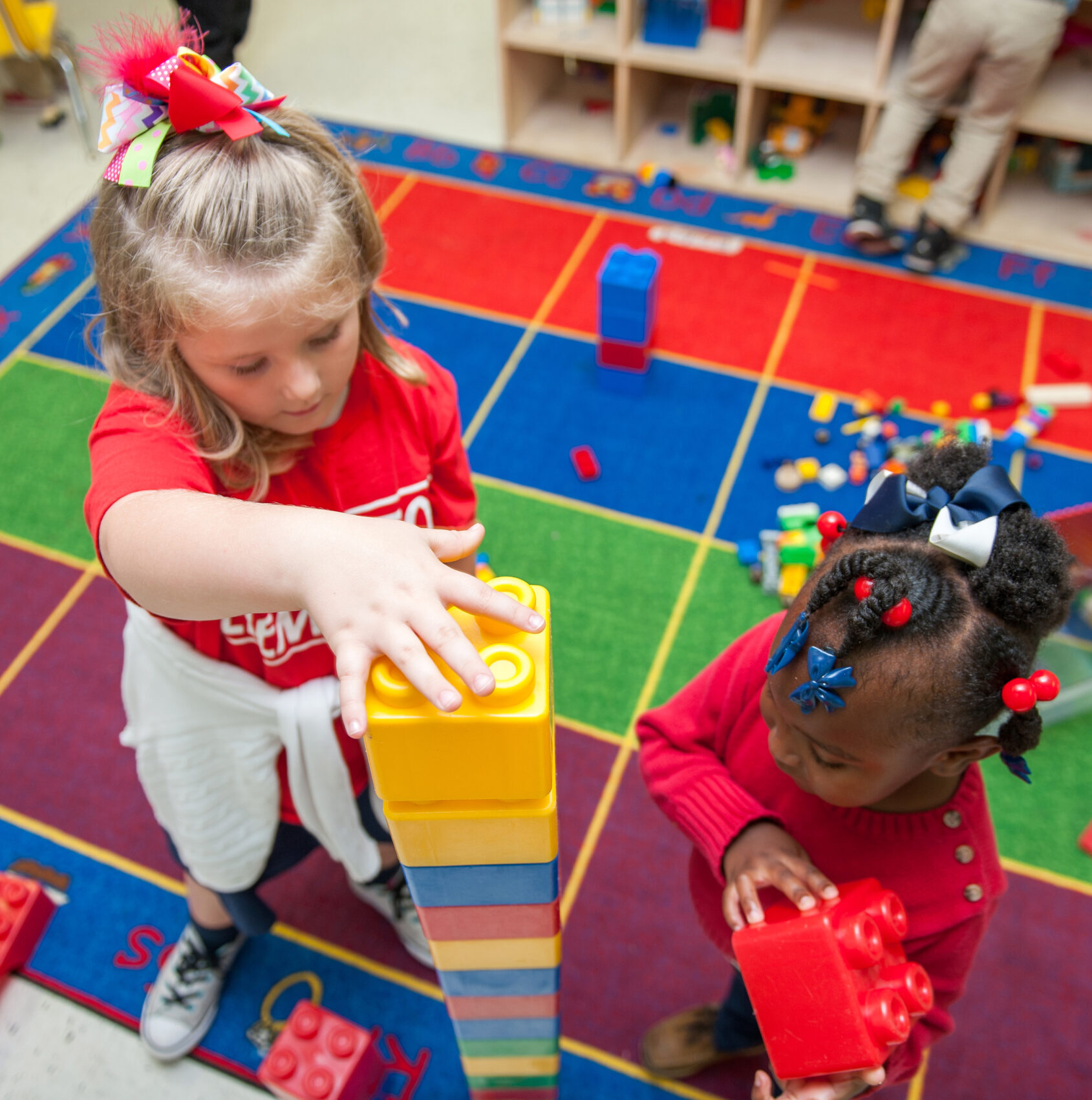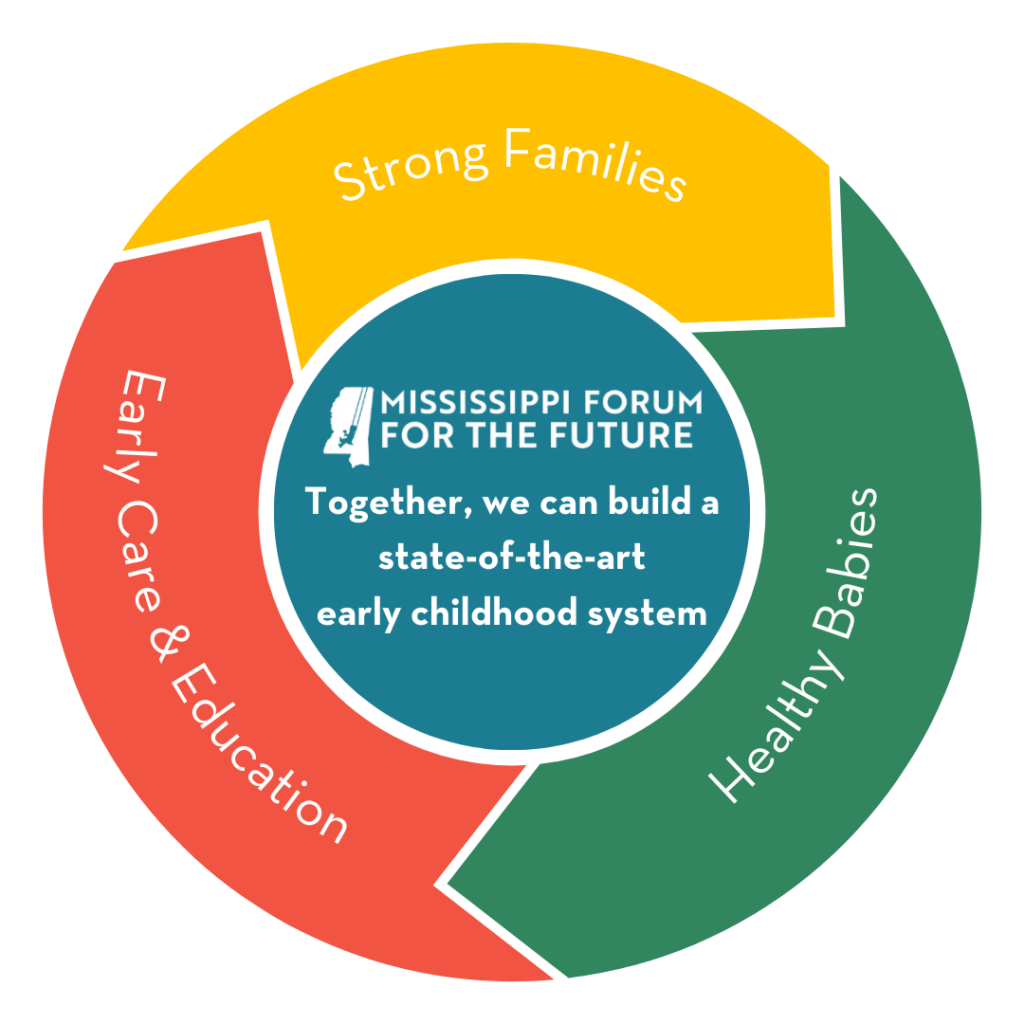
We know that a “state-of-the-art” early child care system looks different to everyone; however, we knew that we needed to define what state-of-the-art means to Forum for the Future in order to build a common agenda for change.
To create this definition, we combined grassroot insights with state-level data and national research.
We spent nearly two years listening and talking to child care providers, early childhood agency leaders, parents, policymakers, and business leaders about how they would like to see child care change in Mississippi and what building blocks need to be in place to improve the early care and education system. Throughout this process, we researched promising new practices from other states and kept current with national data on child care workforce issues, quality improvement, and access to care.
The Forum for the Future’s Steering Committee was tasked with taking all of this information, combining it with their own lived expertise, and creating a comprehensive definition of “a state-of-the-art early child care system” in Mississippi.
Childcare is a Stable, Competitive and Respected Field
Families have increased access to affordable childcare
Improved health, academic, and economic outcomes through early education programs
The childcare system is supported by sustained resources and investment

As we look to the Future, the MS Forum For the Future’s Steering Committee is researching and collecting data to include three pillars:
Strong Families
Healthy Babies
Early Care & Education